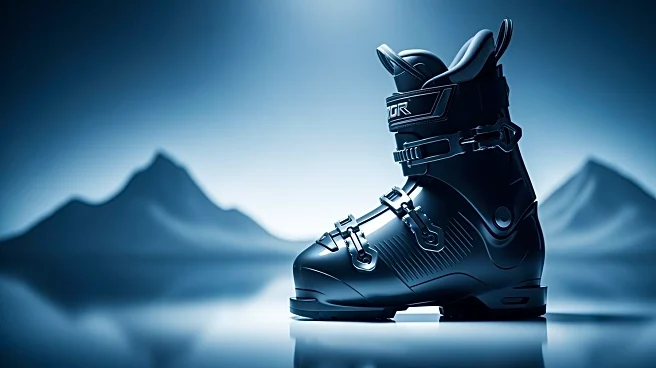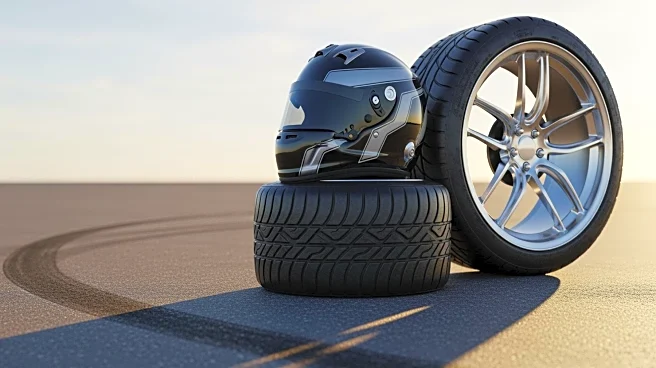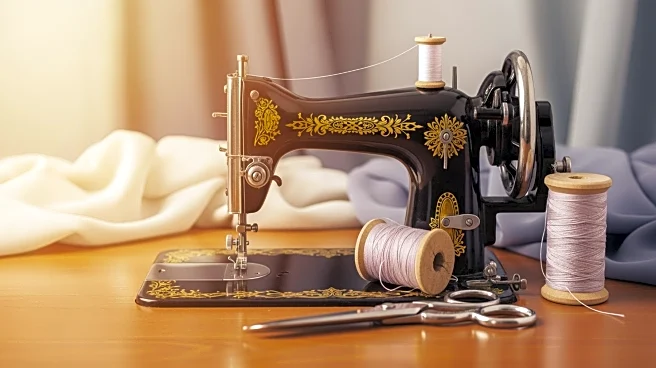Rapid Read • 8 min read
Venus Williams is set to make her 25th appearance at the U.S. Open, extending her record as the oldest player to compete in singles at the event since Renée Richards in 1981. At 45 years old, Williams returns to the court after a 16-month hiatus due to surgery for uterine fibroids. Despite being ranked 610th in the world, she received a wild-card entry to participate. Williams expressed excitement about her return, emphasizing her love for the sport and her determination to perform at her best. Her comeback follows a recent appearance at the Washington Open, marking her return to competitive tennis.
AD
Venus Williams' return to the U.S. Open is significant for several reasons. It highlights her resilience and dedication to the sport, serving as an inspiration to athletes facing health challenges. Her participation also underscores the inclusivity and competitive spirit of tennis, where age and ranking do not limit opportunities for seasoned players. Williams' presence at the tournament is likely to draw attention from fans and media, boosting viewership and engagement with the event. Her return may also influence discussions on athlete longevity and the support systems necessary for maintaining competitive careers.
Williams will face 11th-ranked Karolina Muchova in her opening match at Arthur Ashe Stadium. As she continues her comeback, her performance will be closely watched by fans and analysts, potentially impacting her future rankings and participation in upcoming tournaments. The outcome of her matches could influence her decision to continue competing at high levels or transition to other roles within the sport. Additionally, her return may prompt discussions on the support and resources available to athletes recovering from health issues.
Williams' return to the U.S. Open may have broader implications for discussions on gender and health in sports. Her surgery for uterine fibroids, a condition affecting many women, brings attention to the importance of healthcare access and support for female athletes. Her comeback could inspire initiatives aimed at improving medical care and recovery processes for athletes dealing with similar health challenges. Furthermore, her continued presence in tennis may encourage more women to pursue long-term careers in sports, challenging stereotypes about age and athleticism.
AD
More Stories You Might Enjoy










